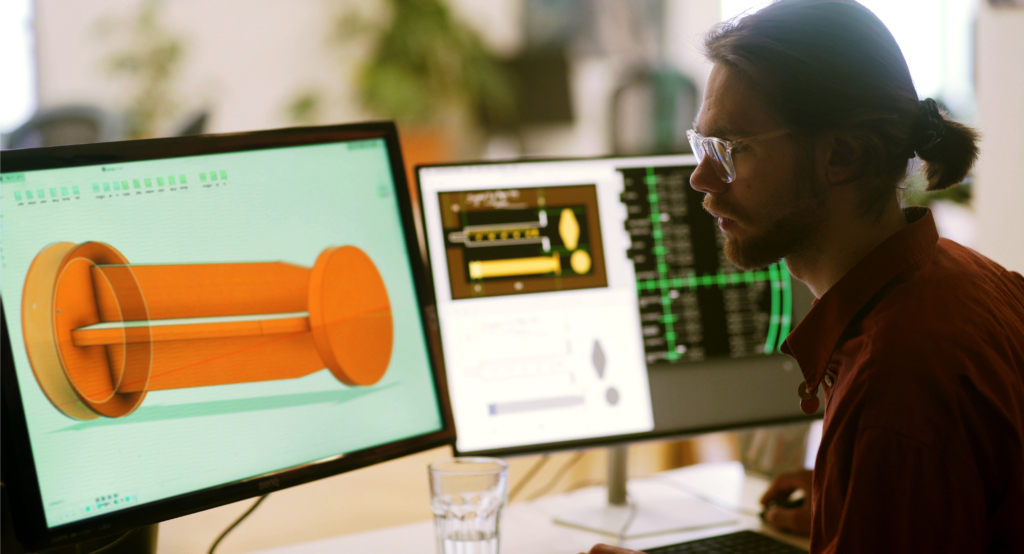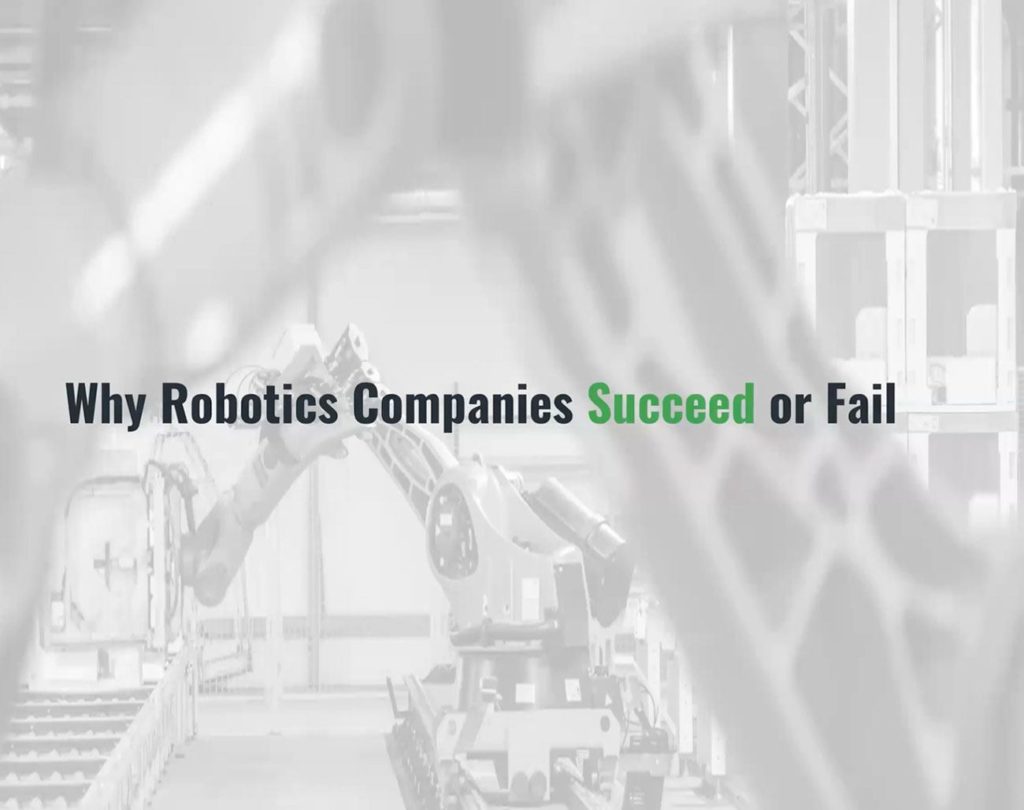Article
Who’s Who in Consumer Autonomous Vehicles

You can bet the year 2021 will mark the beginning of the “autonomous vehicle decade.”
Beyond trendy brands like Tesla and Waymo logging hours at self-driving auto tracks, a flock of traditional carmakers and tech giants are investing heavily in autonomous vehicle development.
Some companies are approaching their driverless initiatives alone—developing the software, hardware, and designs themselves—and some are partnering with third-party vendors and startups.
Regardless, the race to get self-driving cars on the road is heating up. According to a report by Applied Market Research, the autonomous vehicle market is estimated to grow from $54.23 billion to $556.67 billion by 2026.
Who’s Who in the Consumer Autonomous Vehicle Race
Toyota
Japan-based carmaker, Toyota is known for its extremely economical and environmentally-friendly vehicles. The company has already invested $2.8 billion in its own autonomous driving startup facility, TRI-AD. They plan to split the workload of creating a self-driving car between the research facility and their main business unit.
They’ve also partnered with Uber and invested $500 million into their driverless initiative. The pair hopes to bring driverless taxi services to the mainstream by 2020. In addition to making driverless cars for everyday use, Toyota is also working to create driverless industrial vehicles for multipurpose uses.
Tesla
Tesla is one of the first names we associate with the future of automobiles. Back in 2006, Elon Musk outlined his “master plan” for the company:
- Step one: create a low volume, high-end sports car that runs on electric energy
- Step two: use that money to create a medium volume electric car at a slightly lower price
- Step three, use that money to create an affordable, high volume electric car
So far that plan has been relatively successful. Tesla Model S became the number one luxury car in its class. And recently the company received more than a half a million pre-orders for the Tesla Model 3. Under Musk’s leadership and celebrity, the company has garnered mass support from the public. It’s managed to find a firm foothold in an industry that’s nearly impossible to break into.
Audi-Huawei
You’re probably familiar with Audi, the German automobile manufacturer. You may have also heard of Huawei, the China-based consumer electronics company. The two announced a partnership in October 2018. Their goal is to create a Level 4 autonomous vehicle, meaning it can be driven from starting point to destination without any human interference.
If successful, the pair will be one of the first autonomous driving services in China.
Volkswagen, Audi’s parent company, is also working on Levels 4 and 5 self-driving vehicles using resources from the Google-owned startup Aurora.
Intel
Intel is known for creating widely-used chips and computer architecture systems. Their hardware is relatively unmatched and considered the industry standard. They plan to implement these systems into self-driving cars, and believe it will become autonomous in the industry.
Their subsidiary, Mobileye, is working on developing technology compatible with standard vehicles, buses, transit, and more. Mobileye aims to create autonomous driving that is one thousand times more reliable than a human driver, capable of driving one billion hours without any incidents.
To reach this level of security, Intel and Mobileye are testing their vehicles in Jerusalem, an area known for having some of the most aggressive and reckless drivers in the world. By keeping their focus narrowed on the architecture, rather than an entire automobile, Intel is hoping to achieve the highest safety rating in any vehicle ever.
Waymo
There isn’t any emerging tech industry that Google doesn’t have a hand in—and autonomous vehicles are no exception. Waymo was created out of Google’s self-driving car project in 2016 as the team began to gain serious momentum.
In 2015, Waymo engineers created Firefly, an autonomous vehicle designed from the ground up. It had no pedals, steering wheel, or accessible brakes. Later that year, it went for the first ever fully-autonomous drive in Austin, TX.
Firefly has since been retired, and Waymo is now putting its energy into manufacturing autonomous vehicle fleets using the research from Firefly. They’ve partnered with manufacturer Jaguar to create 20,000 fully autonomous electric vehicles. Once deployed, Waymo claims that these will be able to make a million trips every day. Their goal is to save commuters time and money and improve passenger safety.
Nissan
Nissan is creating a mass-producible, fully-autonomous, zero-emission vehicle by 2020. The 2018 Nissan Rogue already has semi-autonomous driving capabilities like ProPilot Assist. Similar to Tesla’s autopilot, it’ll keep you in your lane, adjust speed, and perform light braking. But a driver should still have their eyes on the road and hands on the wheel.
In Japan, Nissan is also testing an autonomous taxi service. Riders can book a ride on the app and reach their destination with no one getting behind the wheel. Several autonomous vehicle manufacturers believe this will replace ride-sharing services like Uber and eventually traditional public transportation.
Ford
Ford, the oldest US automobile manufacturer, is taking a slow and steady approach to the autonomous driving race. They already have the technology to deploy their self-driving cars now but are holding back to create the most reliable option for consumers.
They’re mainly focusing on open communication between autonomous vehicles. On the road, each car will send and receive ride data with surrounding vehicles, no matter the manufacturer. This would allow vehicles to travel more efficiently and in harmony. Ford has already started testing its self-driving vehicles in Washington, D.C. and wants to launch its own autonomous ride-sharing service by 2021.
Wrap Up
These companies are leading the way by creating new travel options for consumers. And wide-ranging expectations from consumers will open up new business opportunities for these companies to establish an entire ecosystem of autonomous vehicle services.
As they continue to gain trust from the public, more companies will begin to invest in new customer communications software and engineering projects to turn autonomous driving services into a completely viable new customer experience.
New research suggests that consumers will begin to accept autonomous vehicles more and more over time. Preferences for riding in self-driving cars is set to double in the next decade. This is good news for those companies leading the charge.








